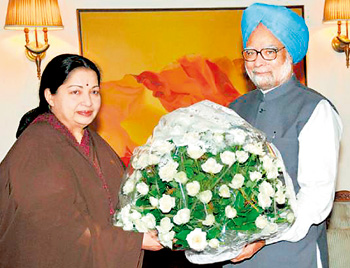Balachandran Sathkunanthan (30) set out from his house in the farming town of Avarankal in the Jaffna peninsula the previous Saturday evening for a leisurely ride on his motorcycle. The next day (last) Sunday morning, his blood-drenched body was hanging from a goal post in a playground in Putur, just two kilometres from his home. It bore torture marks. The nails of fingers in both hands had been plucked out, Jaffna Judicial Medical Officer (JMO), Dr. S. Sivaruban, testified at the post-mortem inquiry. He said there were no suicide signs on the body that hung from a nylon cord. The inquest is still pending. On the good side, it is now possible for citizens of Jaffna, to decide at the spur of the moment to move to any corner in the peninsula without fear. They are no longer under the watchful eyes of Tiger guerrilla cadres who would have punished them if there was no convincing reason for doing so. On the bad side is a disturbing reality. In the northern Jaffna peninsula where some 50,000 troops and policemen are deployed, recurring incidents are posing a serious question -- whether total normalcy is yet to return to the once-beleaguered peninsula with the defeat of the Tiger guerrillas more than two years ago.  During the past six months, the Sunday Times learnt, at least 30 killings have taken place. They include the death of four soldiers. That such incidents recur when the government says it wants to restore democracy in the north raises more questions for it than to others. Polls to local councils are due this month. President
|
| Chief Minister Jayalalithaa meets Indian Prime Minister Manmohan Singh on June 15 in New Delhi. Pic courtesy Hindu |
Mahinda Rajapaksa has declared that elections to the Northern Provincial Council would be held "early next year." That violence is increasing in the peninsula could only drive more fear into the people and thus create instability is no secret. It also throws in bad light the on-going post war reconstruction efforts. |  y
y  y
y